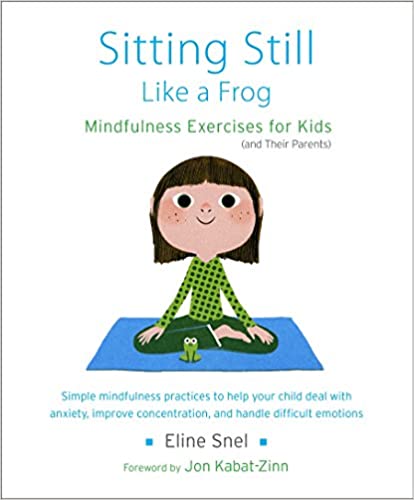How Parents Can Help Kids Overcome Five Common Friendship Hurdles
 You can’t choose your children’s friends, but here’s how you can help them manage five frustrating friendship pitfalls.
You can’t choose your children’s friends, but here’s how you can help them manage five frustrating friendship pitfalls.
Five Friendship Pitfalls
Pitfall No. 1: Your child doesn’t want to ‘share’ a friend
How you can help: Start from a place of empathy, said psychologist Eileen Kennedy-Moore, coauthor of Growing Friendships and Growing Feelings.
“Say, ‘It’s understandable that you want your friend to yourself,’ then explain that being an octopus friend will backfire. If they squeeze too tightly, the friend will want to get away.”
Encourage your children to befriend their friend’s friend. If they resist, point out that if their friend likes the person, this companion probably has some redeeming qualities.
Pitfall No. 2: A friendship is confusing or painful
Your child may realize that a friend is only an acquaintance. If that’s disappointing, help your child process the emotion. Ask, ” ‘How does it feel to say that what you want and what it really is are not matching up?” psychologist Ryan DeLapp said. “The idea is to help them understand that (true) friendships are bidirectional.”
Share the concept of a “hot and cold” friend, too. “Sometimes they’re a lot of fun, and sometimes they’re definitely not,” Kennedy-Moore said. “When they’re running hot, say, ‘Great, enjoy them.’ When they’re running cold, they have a couple of options. One is to say, ‘This isn’t fun for me,’ and see if the other kid changes direction. Or they can use those good ‘I’ statements — ‘I don’t like it when you call me that.’ ”
Pitfall No. 3: Your children want to be part of a group that rejects them
How parents can help: A seventh grade girl told Damour that she couldn’t understand why the girls in a clique would hang out with her individually but wouldn’t invite her to sit with them at lunch. Damour shared a metaphor that can “help kids make better sense of data and move forward when they get mixed messages.”
She explained that kids’ friendships are like chemical compounds, with each child being an atom who makes bonds with other atoms. “Once kids are in compounds, they’re happy and won’t risk destabilizing that compound.” Damour told the girl she had two options — “Find other free-floating atoms or look for a compound open to new atoms.”
Pitfall No. 4: Your child can’t let go of a grudge
“We don’t want kids collecting grievances like beads on a string,” Kennedy-Moore noted. “Learning how to get past these friendship rough spots is crucial for learning how to have strong relationships.”
She shares forgiveness guidelines with kids: “If it only happened once and is unlikely to happen again, let it go. If a friend is genuinely sorry, let it go. If it was an accident or a misunderstanding, let it go. If it happened more than a month ago, let it go.”
Pitfall No. 5: Your child frequently fights with friends
How parents can help: If your children are triggered, ask them what the incident means and why it’s happening.
Then ask, ” ‘What can you do that’s most likely to get the kind of response you want?’ ” Kennedy-Moore said. The best solution might simply be giving one another space.
Friendship is one of the few areas where kids have autonomy, so unless your children are in danger, give them a lot of leeway to pick their friends and their battles.
Excerpted from “How parents can help kids overcome five common friendship hurdles” by Phyllis Fagel, a licensed clinical professional counselor in Bethesda, Maryland, is the author of “Middle School Matters.” Read the full article on CNN online.
Source: CNN | How parents can help kids overcome five common friendship hurdles, https://www.cnn.com/2023/04/24/health/children-friendship-problems-wellness/index.html | © 2023 Cable News Network
Do you need someone to talk to? To schedule an evaluation or to get advice about your child’s or teen’s challenges, call or email a CHC Care Coordinator at 650.688.3625 or careteam@chconline.org CHC teletherapy services are available now.





